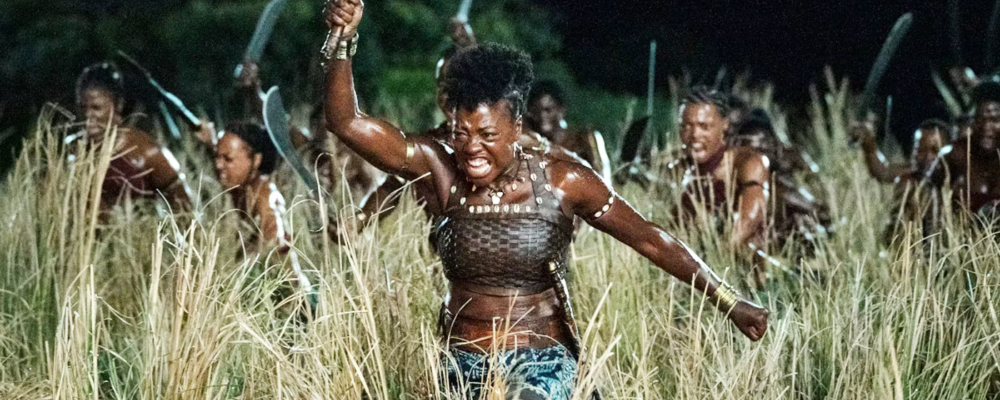

Tatyana Bromfield/Our Today Writer
Inspired by historical events, the true story behind Sony’s upcoming feature film, The Woman King, might not be the remarkable story of female empowerment audiences appear to be looking forward to.
The Woman King, set to be released September 2022, follows the story of General Nanisca (portrayed by actress Viola Davis) and her tribe of female warriors as they protect and defend their kingdom.
Davis’ character and her group of warriors (The Agoji) have been praised for their athleticism, fierceness and passion.
But who were the Agoji warriors, really?
FORCED TO BECOME WARRIORS
The Kingdom of Dahomey, where the movie is set, flourished in the 18th and 19th Century after gaining remarkable wealth from the Atlantic Slave Trade.
The Agoji warriors, otherwise known as the Dahomey Amazons, were loyal to Ghezo, the King of Dahomey, who was responsible for the capturing of men, women and children from neighbouring tribes and selling them to the Europeans. In fact, many of the Agoji warriors themselves were originally captured by the tribe and forced to become warriors for fear of being sold.
History notes that Ghezo (played by Star Wars actor John Boyega in The Woman King) replaced his brother as king, through a coup, with the assistance of Brazilian slave trader Francisco Félix de Sousa. Ghezo ruled over the kingdom during a tumultuous period, punctuated by the British blockade of the ports of Dahomey which aimed to put an end to the Atlantic slave trade.
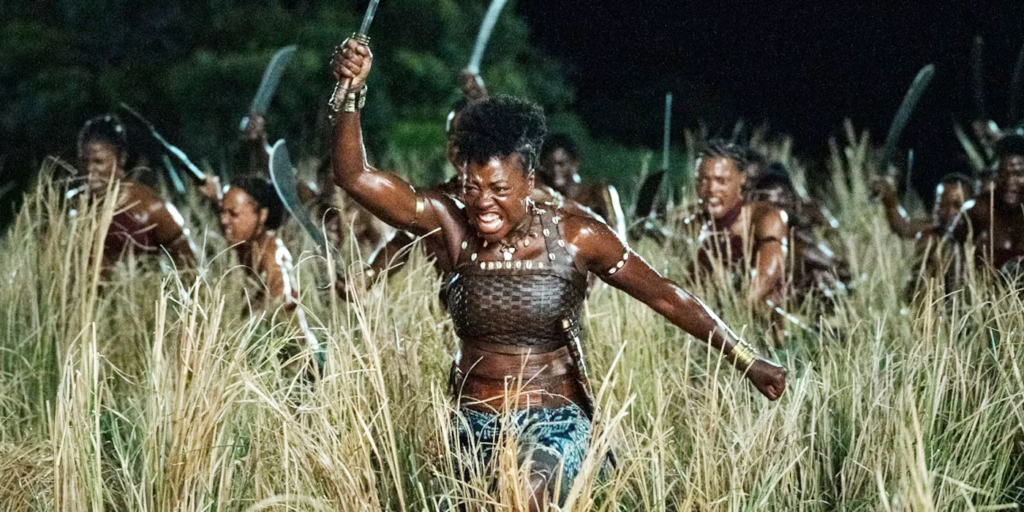
Ghezo triumphed in ending Dahomey’s subordination to the Oyo empire, but had to also deal with domestic dissent and British pressure to end the slave trade. Yes, Ghezo stood firmly in support of slavery.
Unless it addresses these truths about the king, who counted on the Agoji as his fearsome warriors, what is no doubt meant to be an inspirational motion picture will end up being an ennoblement of a group of people no better than those Europeans who viciously enslaved, tortured and degraded countless indigenous lives.
One can only hope that Davis, who was a producer on the film in addition to starring in the lead role, is well aware of the true history of her subject matter and has treated it accordingly. After all, the Academy Award-winning actress and symbol of ‘black excellence’ has referred to The Woman King as her magnus opus and it would be sad if the film were to collapse under the weight of poor research and controversy.

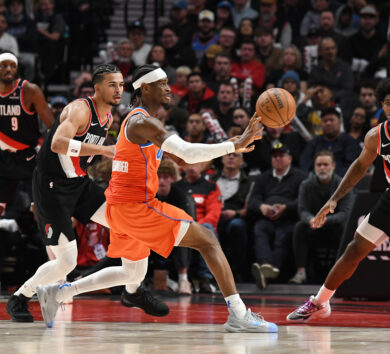
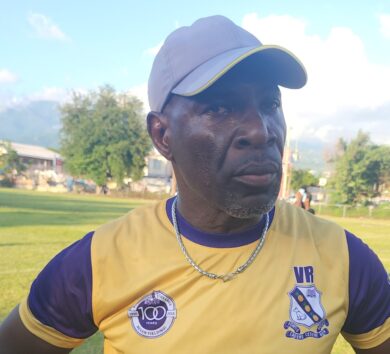


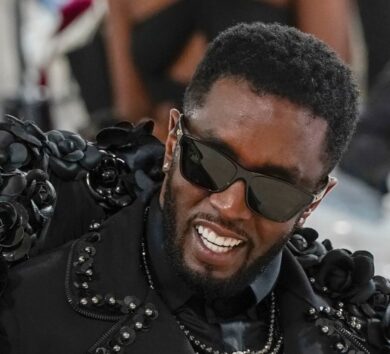

Comments